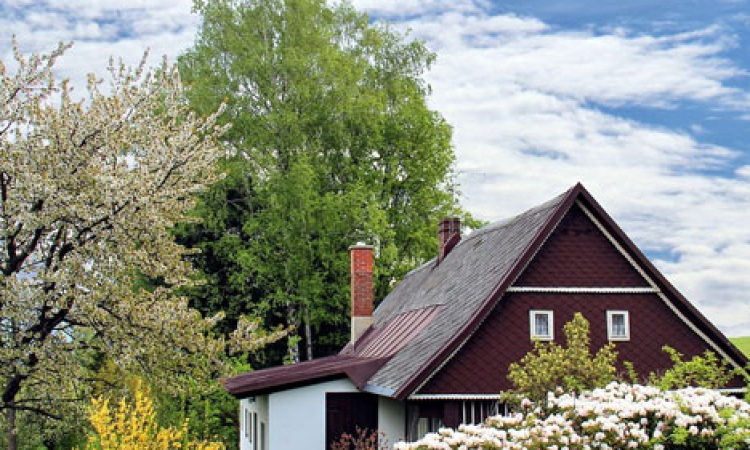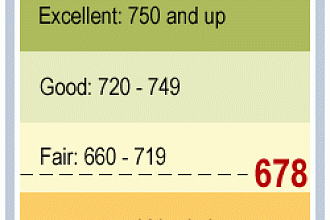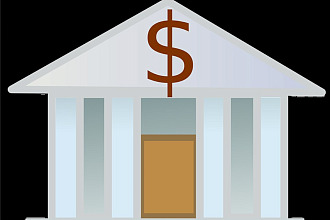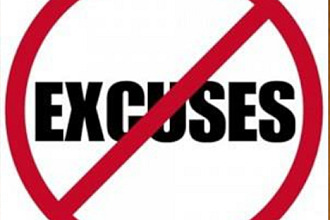A house is by far the largest purchase most individuals will ever make in their life, so it should warrant an equivalent amount of thought and planning.
As the old axiom goes, the three most important things about buying a house are... [:] location, location, location...It is better to buy a smaller house in a better neighbourhood [neighborhood] than to buy a larger house in a less desirable neighbourhood [neighborhood].
Similar to buying a car, you need to first figure out your needs, both immediate and long term. Are you planning a large family or do you already have children? Do you spend a lot of time indoors, do you entertain frequently, do you look forward to enjoying a large backyard with landscaping and gardening? How long a commute do you want to have to work, and how close are amenities like groceries, movie theatres and shopping malls? You also need to decide what features of a house are important. Are you looking for a certain number of rooms, do you need a separate play area for children, and do you need a large and spacious kitchen. Remember in your considerations that this may not be the only house you will ever own, so you need to find a compromise between your current means and future needs.
Once you've identified the ideal house, you need to match that with your budget and the types of locations that fit what you're looking for. Depending on your budget, you may have to make compromises in location, size or features, and you will also have to determine whether the perfect house is even available on the market. Many homeowners prefer to have a house built new so that they can customize it the way they want, although this normally comes at a premium and can often incur additional taxes that wouldn't apply to a used house.
You also have flexibility in how you finance a house - similar to other loans, shopping around for the best mortgage rate may be tedious but can save you thousands or tens of thousands over the long term. The best strategy is to shop around with banks first to get the best rate and terms and help you feel comfortable with your budget and price range, then arrange a guaranteed pre-approval to not only make the house shopping process simpler, but to also streamline the financing that will come after you've chosen your home.
There are different kinds of mortgages which may suit your needs differently. For traditional mortgages, your options normally fall into one of two categories: fixed or variable rates. Fixed rate mortgages may offer more long term stability and less risk, however, the rates are normally a few percent higher than the bank's prime rate. By comparison, variable rates are lower, but they follow the bank's rate which fluctuates day in and day out, meaning you may pay less for a time while risking that the rates will later climb up. This is a calculated risk on where the future interest market rate will go, so it may be worthwhile to do research and gauge where the financial experts feel the interest rates are trending. Your decision can also be affected by the term of the mortgage. longer terms, like five, ten or twenty-five years will be better insulated against risk by going with a fixed term at a higher rate, whereas one, two or three year mortgages may benefit from a variable rate without as much that the market will suddenly shift interest rates during that shorter period of time.
Depending on your assets and financial well-being, you may have other options available to you, such as flexible secure equity lines of credit which allow you to buy your house using the equivalent to a line of credit. The advantage is the more you pay of the principal, the less interest you pay every month and it allows you to immediately reuse the equity that you've paid off. For example, if you borrowed $100,000 using this approach and then pay off $10,000, you would have that $10,000 to reuse on other purchases or renovations if needed.
Regardless of the financing method, another important strategy for reducing the overall cost of your house is to save up and apply a larger down payment up front. This not only allows you to borrow less from the bank, thus incurring less interest charges, but will often also get better interest rates and fewer supplemental charges, since the bank will consider your mortgage less of a risk. This applies to almost any kind of borrowing: the more risk the bank has to take on, the larger the premium that they will pass on to you.
Originally found here


























